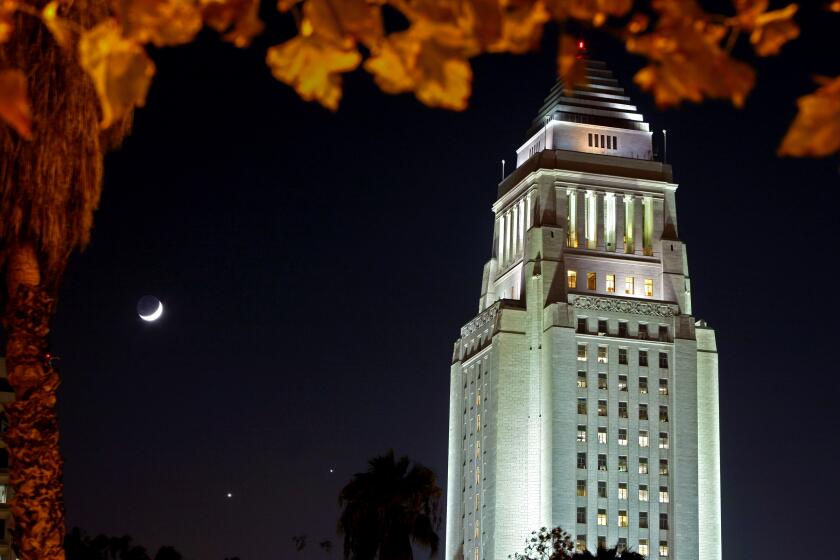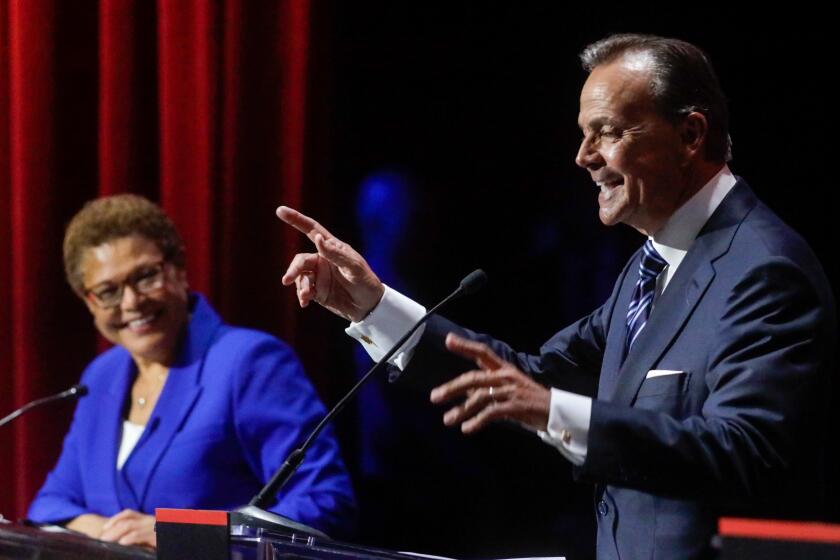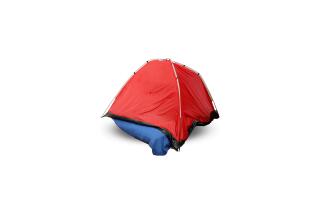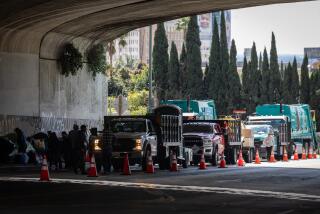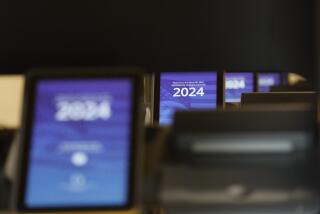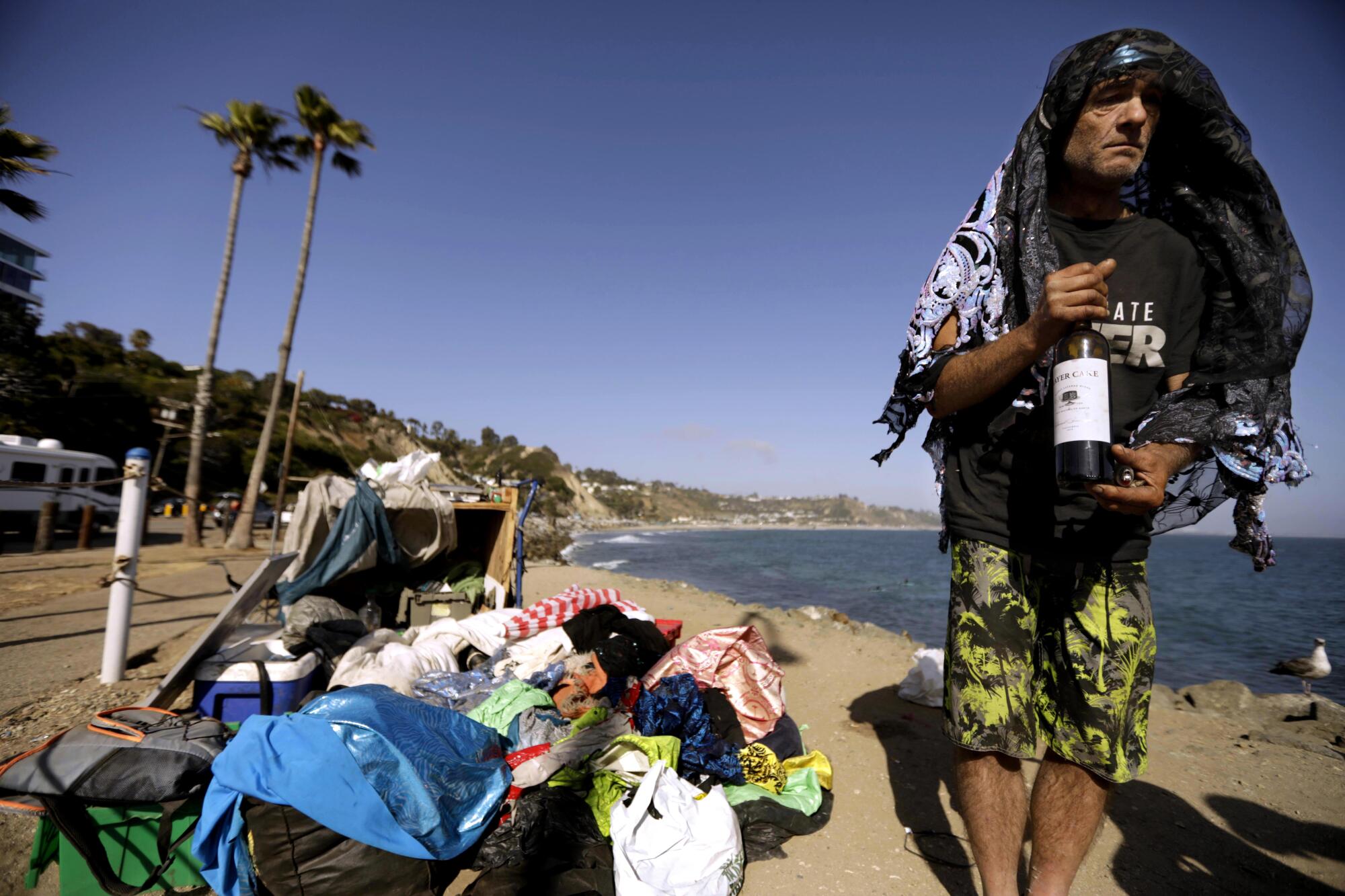
On the eve of critically important local elections, Los Angeles is in a bad mood.
“The streets are dirty, they need to empty the trash cans, there’s tagging, there’s homeless people everywhere,” Alejandra Montiel said at a bus stop in Boyle Heights.
I heard similar laments repeatedly on all-day treks from Boyle Heights to Pacific Palisades, and from Leimert Park to Sylmar. I also encountered numerous people who either didn’t know there was an election coming up or didn’t know who was running for mayor, City Council or county offices.
And then there were those who, in addition to being fatigued and irritated, are deeply cynical. They’ve lost faith that anyone will fix L.A.’s major problems, including the high cost of living in a city with a low-wage economy.
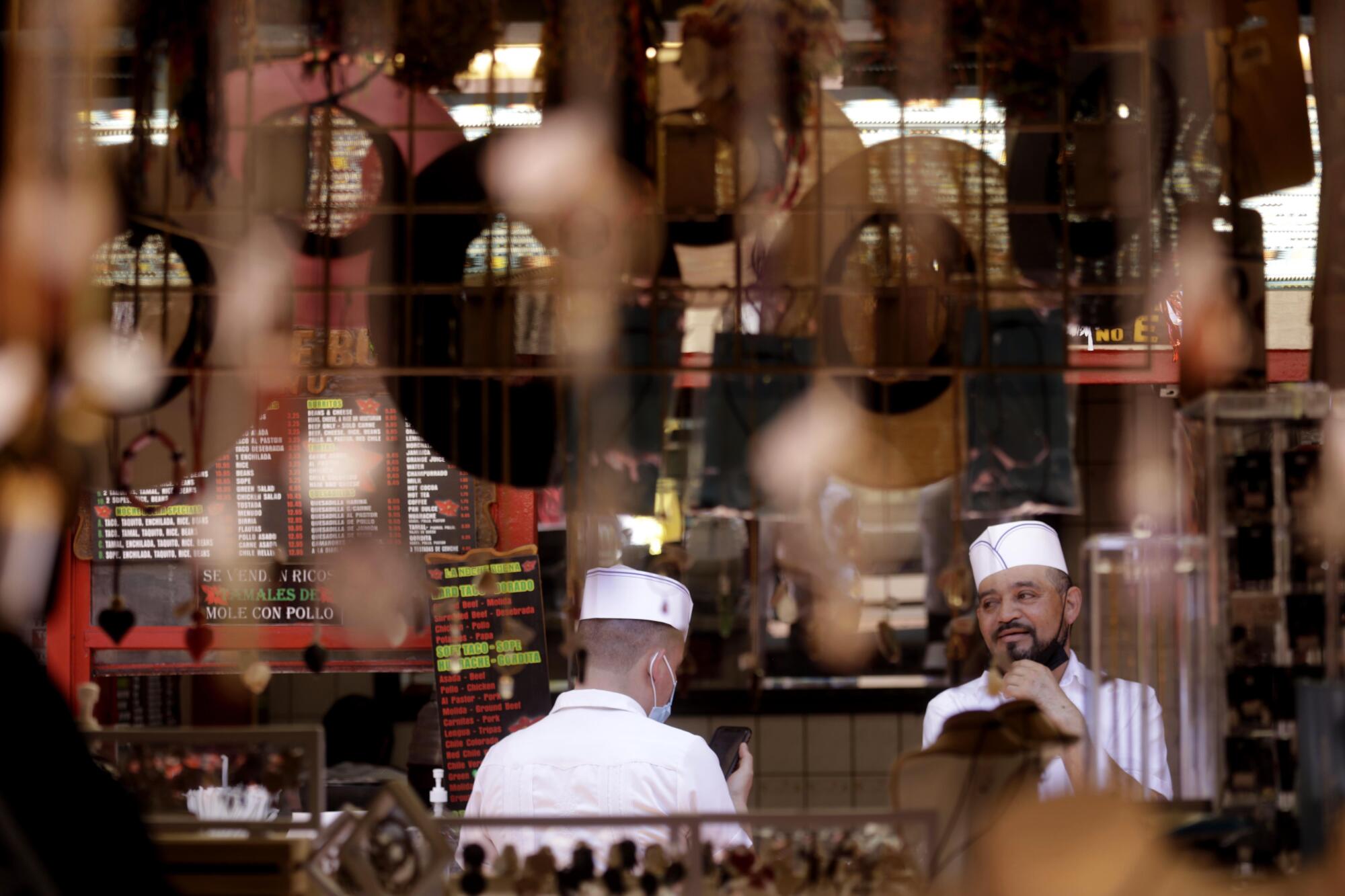
“My general assessment here is that there’s huge disappointment in our elected officials over their lack of response and support,” said Steve Kang of the Koreatown Youth and Community Center.
Polls show there are three leading contenders in the race to succeed Eric Garcetti as mayor of Los Angeles. Here’s a guide to the top contenders.
Petty theft and anti-Asian hatred have the community on edge, said Kang, and he no longer feels comfortable walking the streets at night. But apathy is running high, he said, because people are tired of unkept promises from politicians. For many registered voters, Kang said, the attitude is, “Why bother?”
On Sunset Boulevard in Hollywood, I came upon a sanitation crew clearing the charred debris from a fire at a homeless campsite. The crew chief said this is all his four-person team does all day, every day.
“This was about 500 pounds of plastics, linens, electronics,” he said of the load the crew shoveled into the dump truck.
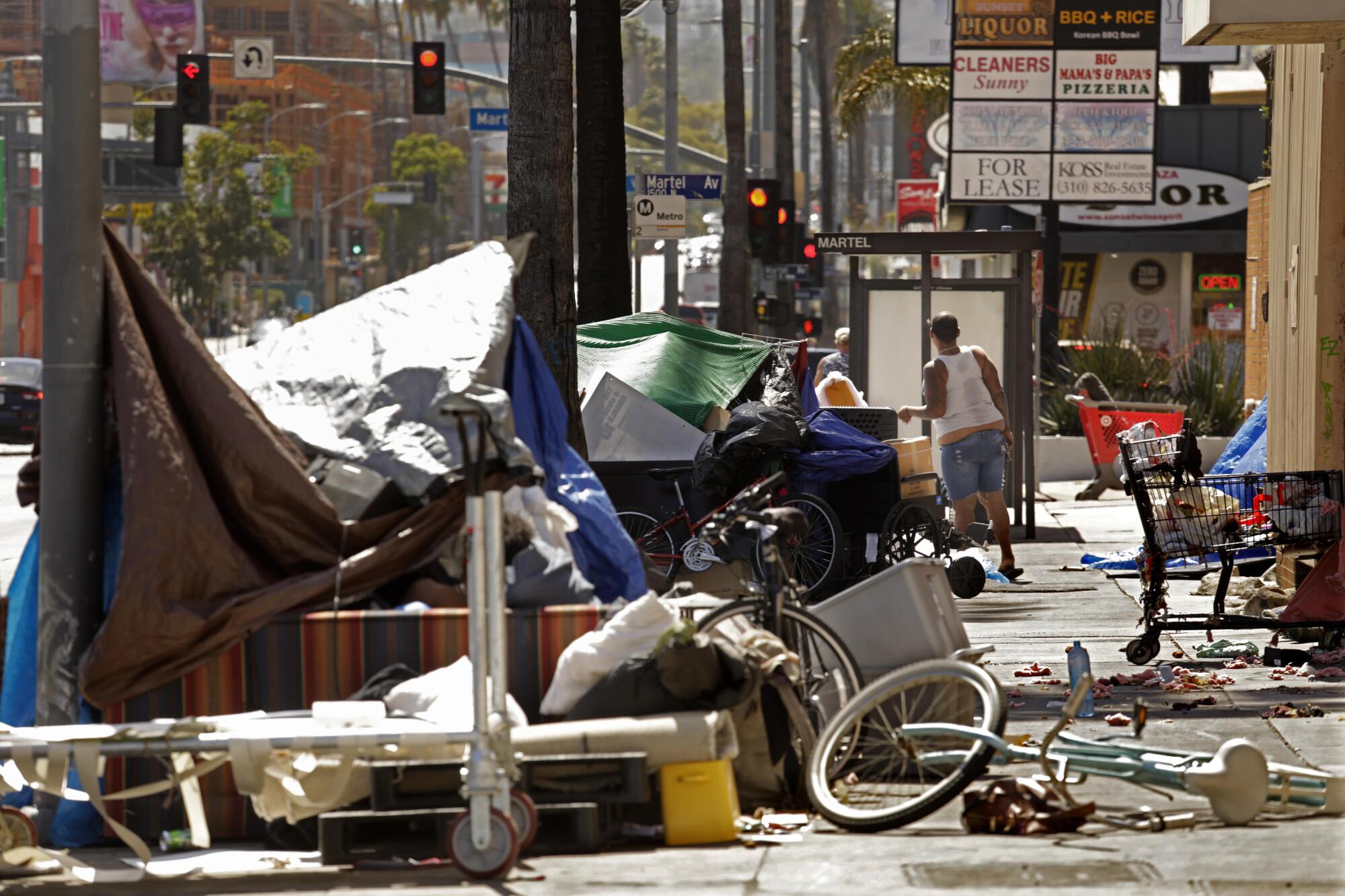
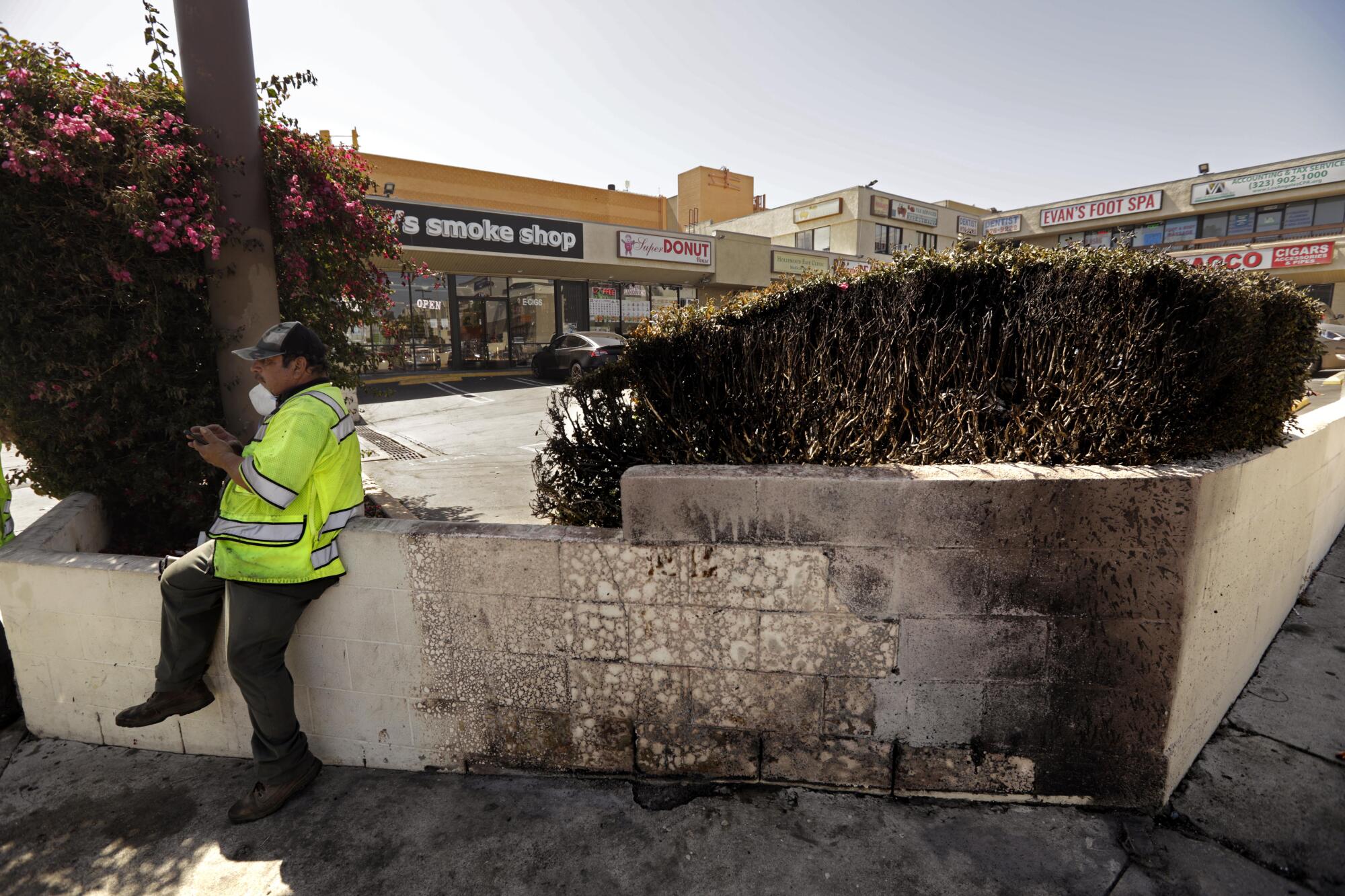
The fire scorched shrubs in a strip mall planter box. Just down the street, several tents occupied the sidewalk and a homeless person told my colleague, photographer Genaro Molina, not to dare walk through the area. A man in a sad state, pants falling off, was sprawled on the pavement.
Inside nearby Mike’s Smoke Shop, two clerks told me their customers are wary of coming in, and that people who appear to be high or mentally ill often enter the store. On occasion, they said, they’ve used a Taser on threatening people.
Outside, Christopher Crouch, who lives in the neighborhood, walked by the encampment. He opened his backpack to show me the club he carries. He said he’s been attacked and needs to protect himself.
“All these people need housing,” said Crouch, who plans to vote but hadn’t decided on a mayoral candidate. “They all say they’re going to do this or that, but things stay the same.”
I noted in a recent column that among the three mayoral candidates with the greatest name recognition — mall operator and developer Rick Caruso, U.S. Rep Karen Bass and City Councilman Kevin de León — the latter two have more nuanced plans on homelessness.
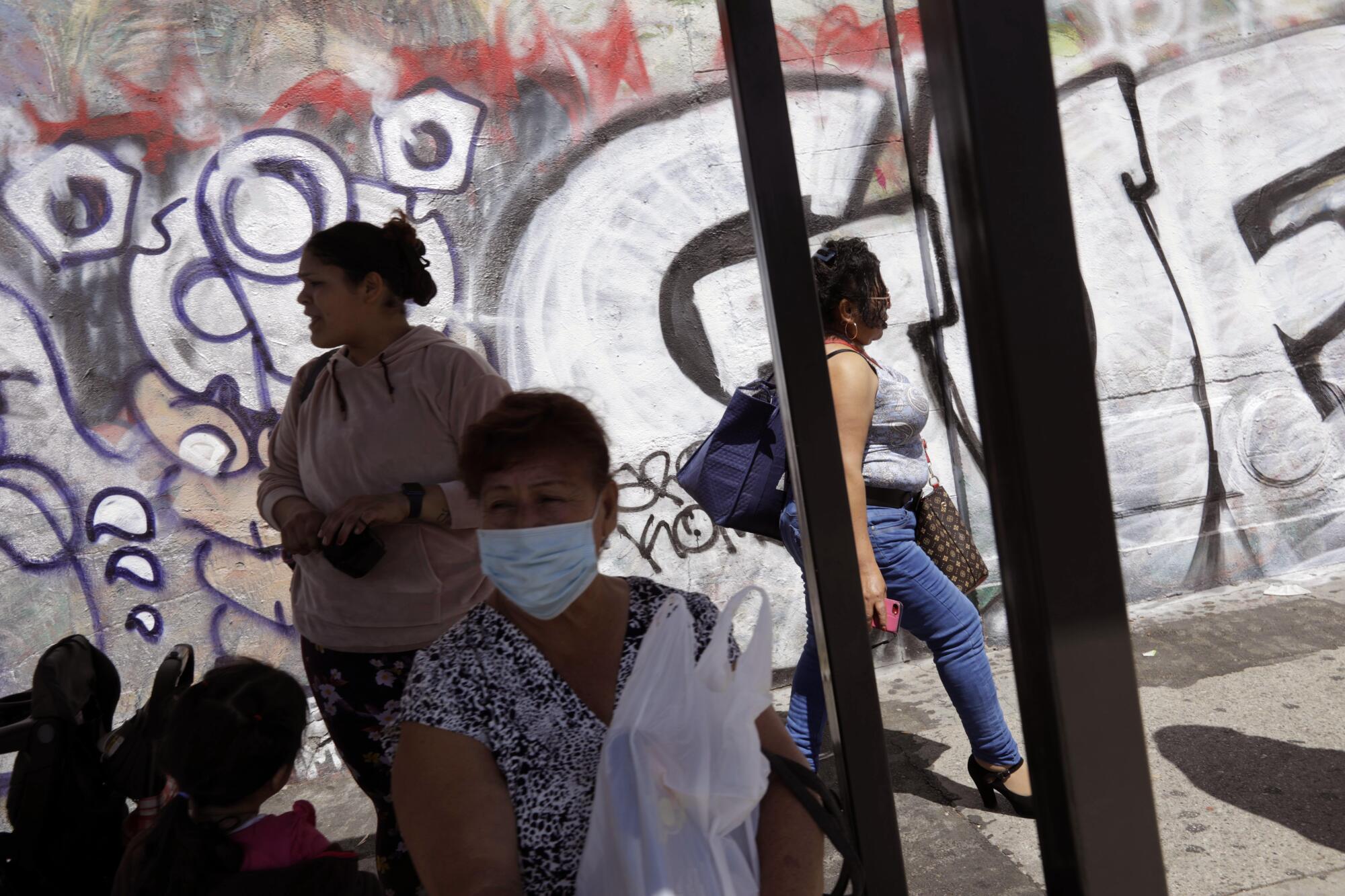
Dwayne Gathers, a Hancock Park resident and strategist in business and government affairs, had an interesting take on that.
“Maybe voters are tired of ‘nuance’ and simply want to see some results that affect their day-to-day lives,” he said.
Gathers said that in recent weeks, political progressives he knows have said they’ve had it with festering problems despite the billions spent on homelessness. Two friends recently told him, “You know what? We’re tired of five-year plans. We’re with Caruso.”
I heard that from others, but the sentiment is not universal. At Echo Park Lake, refurbished after the controversial clearing of an encampment, Carrie S. and her husband, Brandon, said they’re backing Bass and think she’d be more inclined to find humane solutions.
Hugo Henriquez, who avoided the park when it was a campsite and has happily returned for walks with girlfriend Lourdes Rivas, is intrigued by Caruso but still thinking about it.

At the Grove, owned by Caruso, Vera Borges was doing some shopping and told me she’s going with Bass. Borges said that as a state and federal lawmaker, Bass has been working for years on the social and economic issues that have fueled homelessness, and “she has her priorities straight.”
Of the five L.A. mayoral candidates who stood onstage Tuesday at USC’s Bovard Auditorium, Rick Caruso and Karen Bass provided some of the most vivid contrasts.
At the Farmers Market, Third and Fairfax, writer Ron Clark and musician/actress Lucia Micarelli were working on a play, scrawling notes on a yellow legal pad. Clark, it turns out, wrote “Revenge of the Pink Panther” and two Mel Brooks films, one of which describes the current mood of the city — “High Anxiety.”
“I’m a cynic with a healthy grain of optimism,” said Clark, who said there’s no denying that the rich get richer and that poverty is always with us, though he thinks L.A. has a lot going for it. He said he already voted but didn’t want to reveal his pick. He did say, however, that he recalls another businessman-turned-politician who claimed to have all the answers.
“Isn’t that what Trump said?” Clark asked.
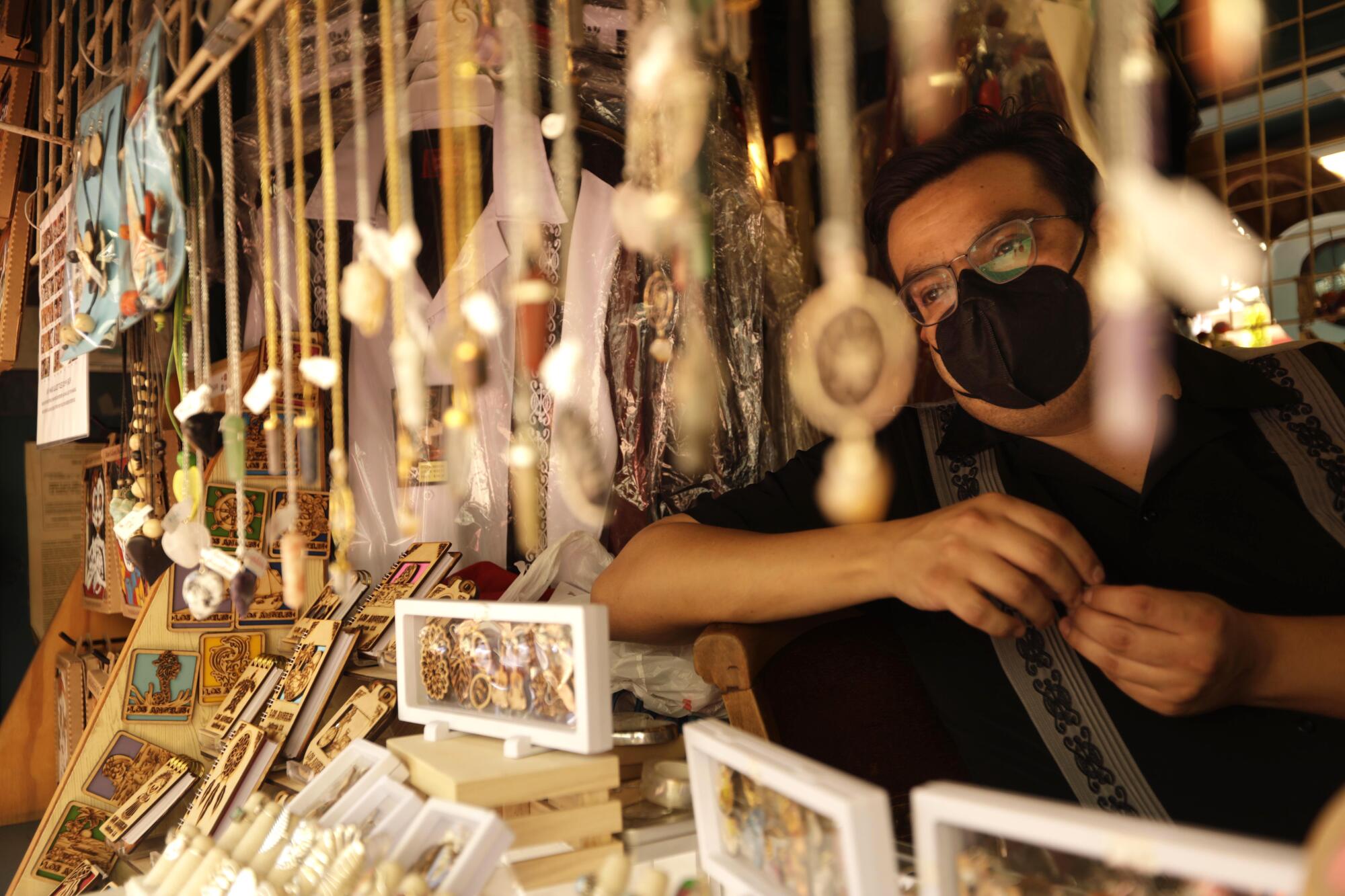
On Olvera Street, jeweler Pablo Sanchez runs a stall and said his family has been in business there for nearly a century. He said Caruso is too conservative for his liking, and he thinks Bass or De León would be more likely to deliver permanent solutions rather than push homeless people around.
But Sanchez can’t vote in L.A. He lives in Desert Hot Springs because housing is vastly more affordable there. His commute, on some days, eats up six hours.
In Leimert Park, Kevin Wharton Price and a friend who gave his name as Zino P. weren’t impressed by anyone running for mayor.
“People out here are cold, hungry and dying, and I’ve been two of those,” said Zino, who is homeless, and says economic development is sorely needed in South L.A.
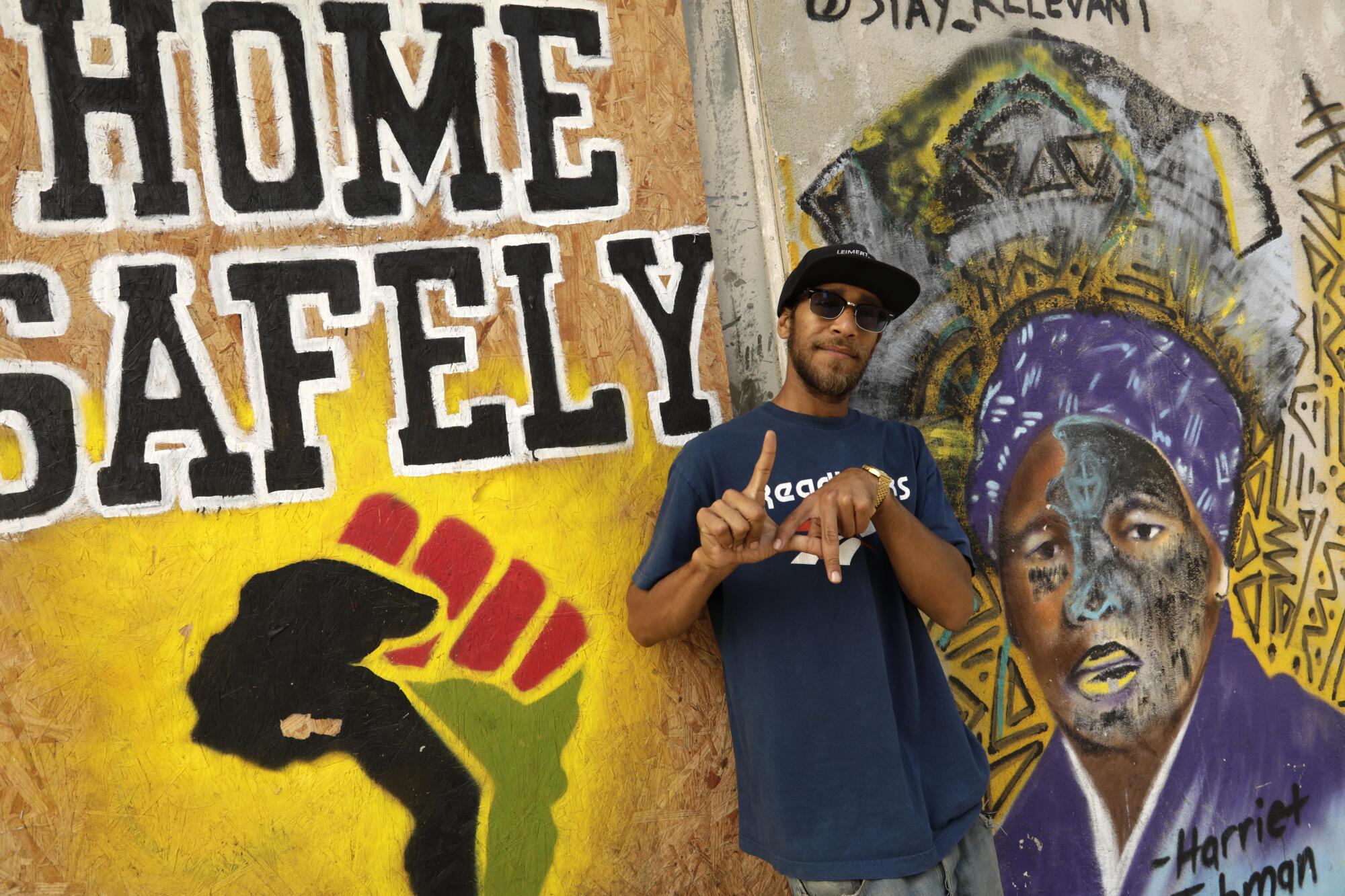
“You can’t come to us and say give us your vote, when this is the state of things,” said Price, who told me nothing will change until homeless people and working people are part of the policymaking process. “We voted for [Measure] H and [Proposition HHH], they spent all that money, and people are still dying in this park right here.”
The truth is that thousands of people have been housed in recent years, but the pace has been too slow and the cost too high to keep up with the constant flow of newly homeless people. Mental illness and addiction complicate matters, and vital resources are in short supply.
Caruso has used his personal fortune to spend an astounding $25 million on political ads, dwarfing the amounts raised by his competitors and arguing that politicians can’t be trusted to straighten out a mess they’ve created.
At Philippe’s, always a good place to check the pulse of the city, three buddies who attended Lincoln High together many years ago met for breakfast Wednesday morning and told me their old neighborhood has plenty of people living in beat-up RVs. Mario Rojas, Ray Madrano and Jose Vargas attributed this to the economy, to housing costs, to mental illness and other factors.
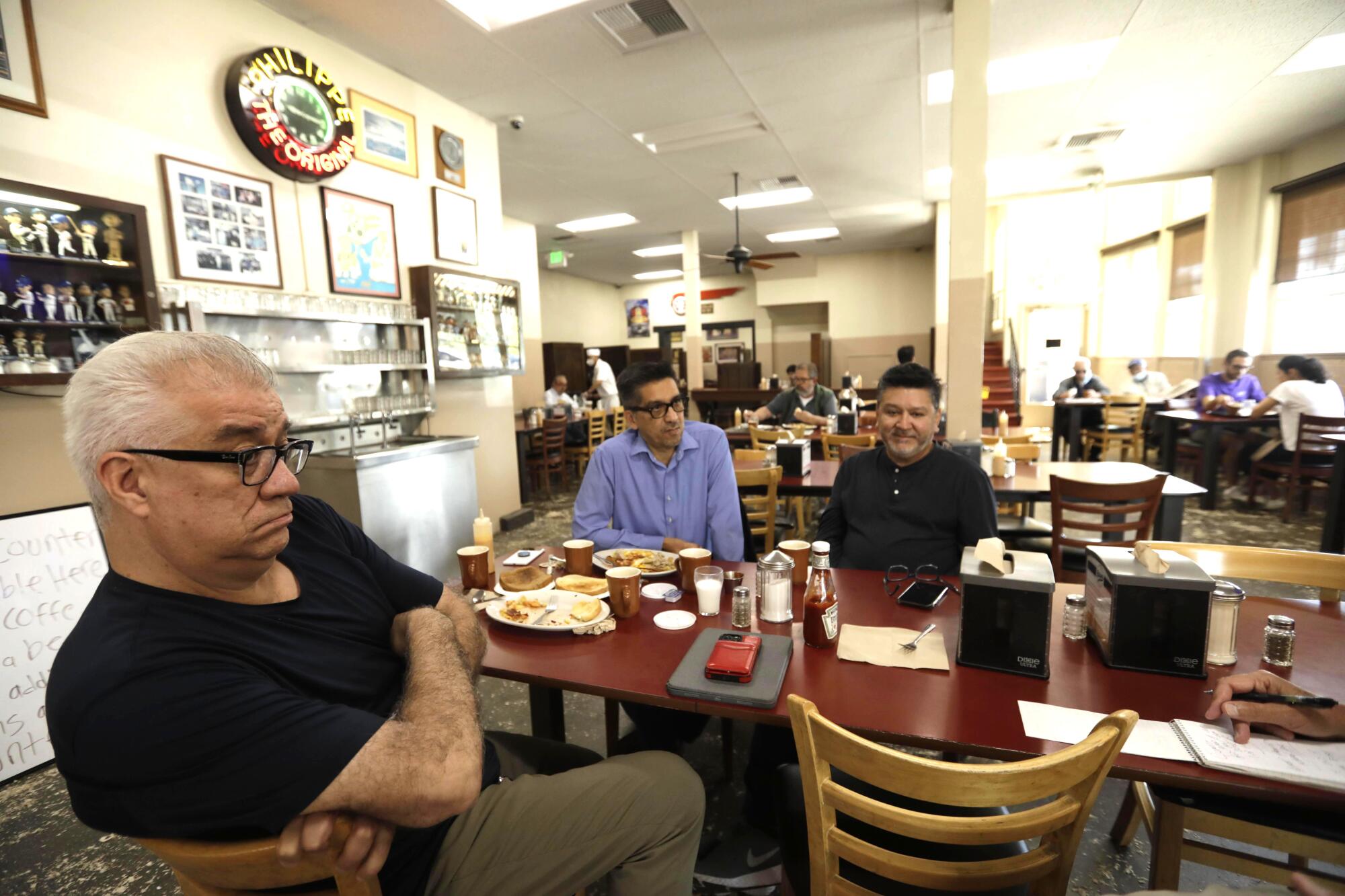
“It’s disheartening,” said Rojas, who likes Caruso, but there’s one thing about the developer that gives him pause.
“He was a registered Republican,” said Rojas, and switched to Democrat prior to running.
With all the money he’s spending, this isn’t a fair fight, the friends agreed.
“But it’s his money,” said Madrano.
Not far from Philippe’s, I saw two teachers leading a pack of students on a downtown field trip. The kids, in third, fourth and fifth grades at 59th Street Elementary School, walked past tents, with City Hall rising in the background.
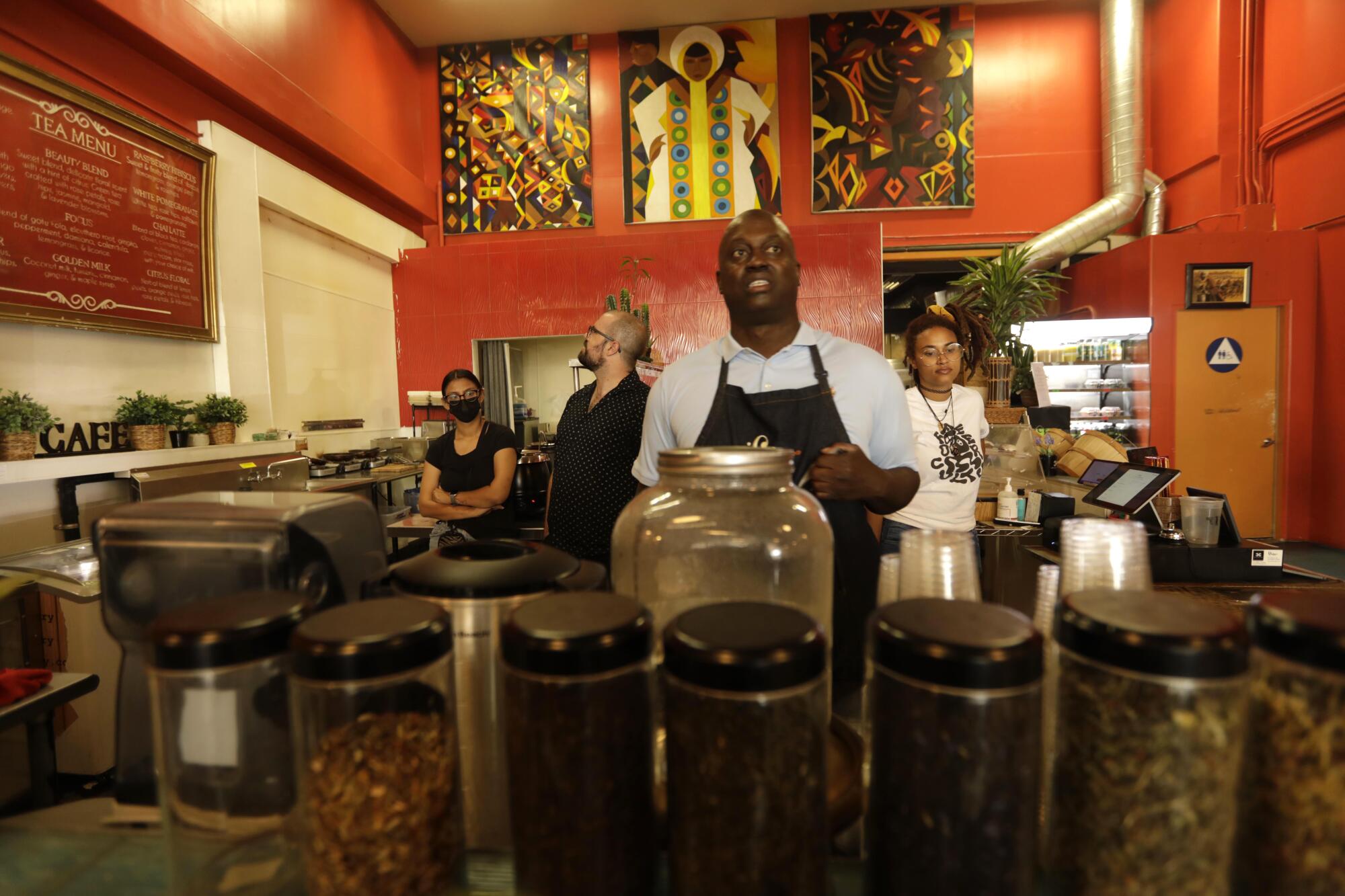
“It’s sad,” said teacher Lorna Palmer. When they returned to school, there’d be a discussion and she’d ask students, “Why is this here, and what are the solutions?” She said she supports Caruso.
One thing worth noting about this election, and this moment in L.A. history, is that dissatisfaction runs through every neighborhood and every income level. It’s as if a city divided among haves and have-nots, among nannies and the people who hire them, has finally come together on something other than the Lakers.
Get the lowdown on L.A. politics
Sign up for our L.A. City Hall newsletter to get weekly insights, scoops and analysis.
You may occasionally receive promotional content from the Los Angeles Times.
As I plowed the length of Sunset Boulevard — from the ZIP Codes of landscapers to the sprawling yards they manicure — the air gets cooler and the real estate gets hotter. On my way to the beach, Caruso signs were posted on lawns in Pacific Palisades. And at the end of the road, near Gladstone’s, I met a homeless guy, fittingly enough.
Phillip Krohn, who said he’d been homeless for a couple of years, was feeding cheddar cheese to squirrels and fending off gulls. He wore a sequined fabric, one of many he said he bought in the Garment District, and he was hoping Kim Kardashian would drive by and notice his eye for fashion.
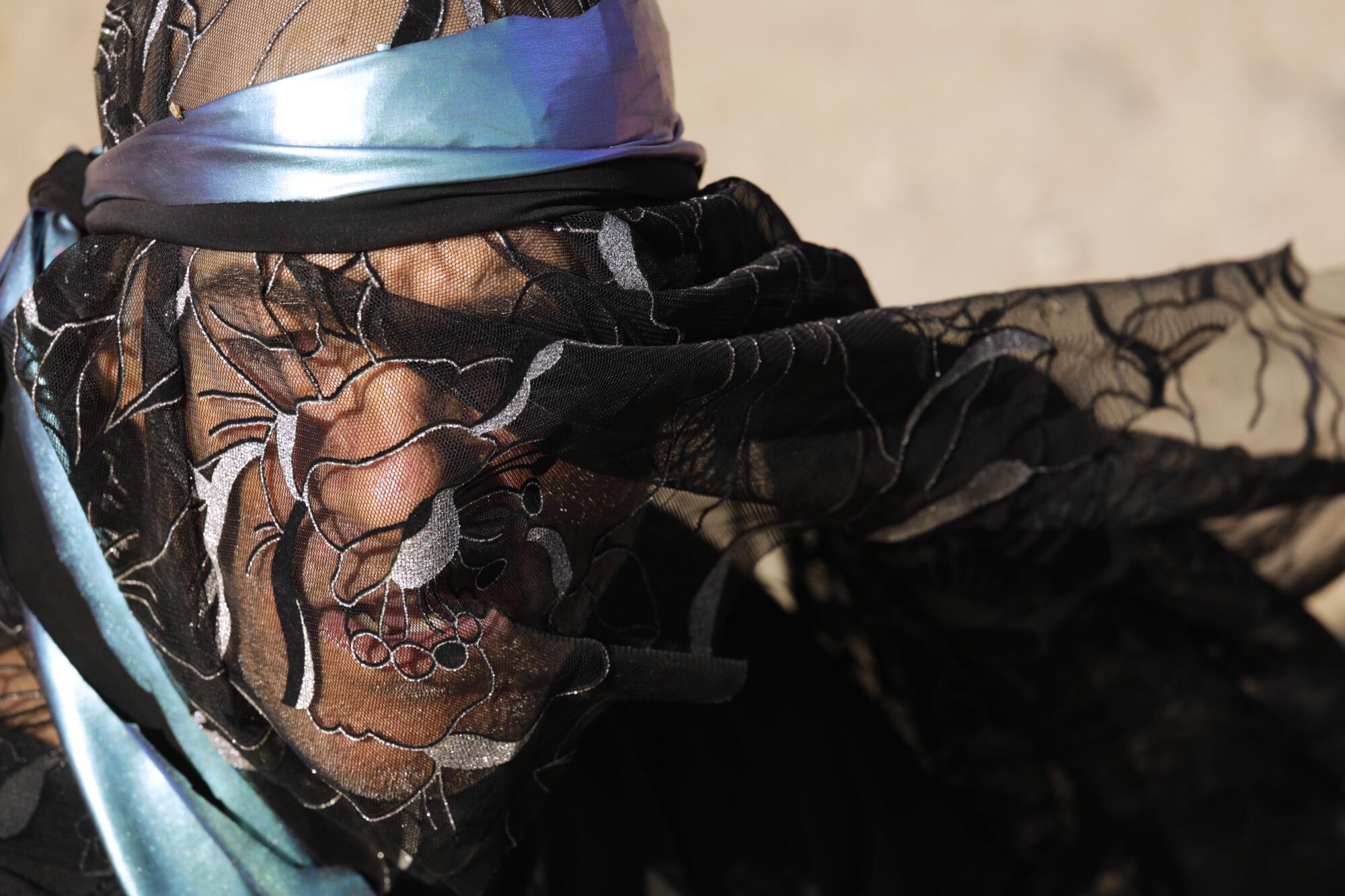
He didn’t know who was running for mayor or have any advice for the candidates, other than the obvious — more housing needed. As I was leaving, he fended off another homeless guy who wanted to fight, and surfers rode a short wave that broke right.
It was comfortably cool at the water’s edge, but Thursday afternoon, it was uncomfortably warm in Northridge, where Andrea Burman and her mother, Marian, strolled through the air-conditioned Northridge Fashion Center. For them, the mayor’s race is no toss-up. They’re with Caruso.
“I mean, he’s not a politician,” said Andrea, who thinks he’d do a better job on crime, homelessness and affordable housing than the current mayor, Eric Garcetti, who was nominated to serve as U.S. ambassador to India by President Biden.
“I feel sorry for the people of India,” Andrea said.
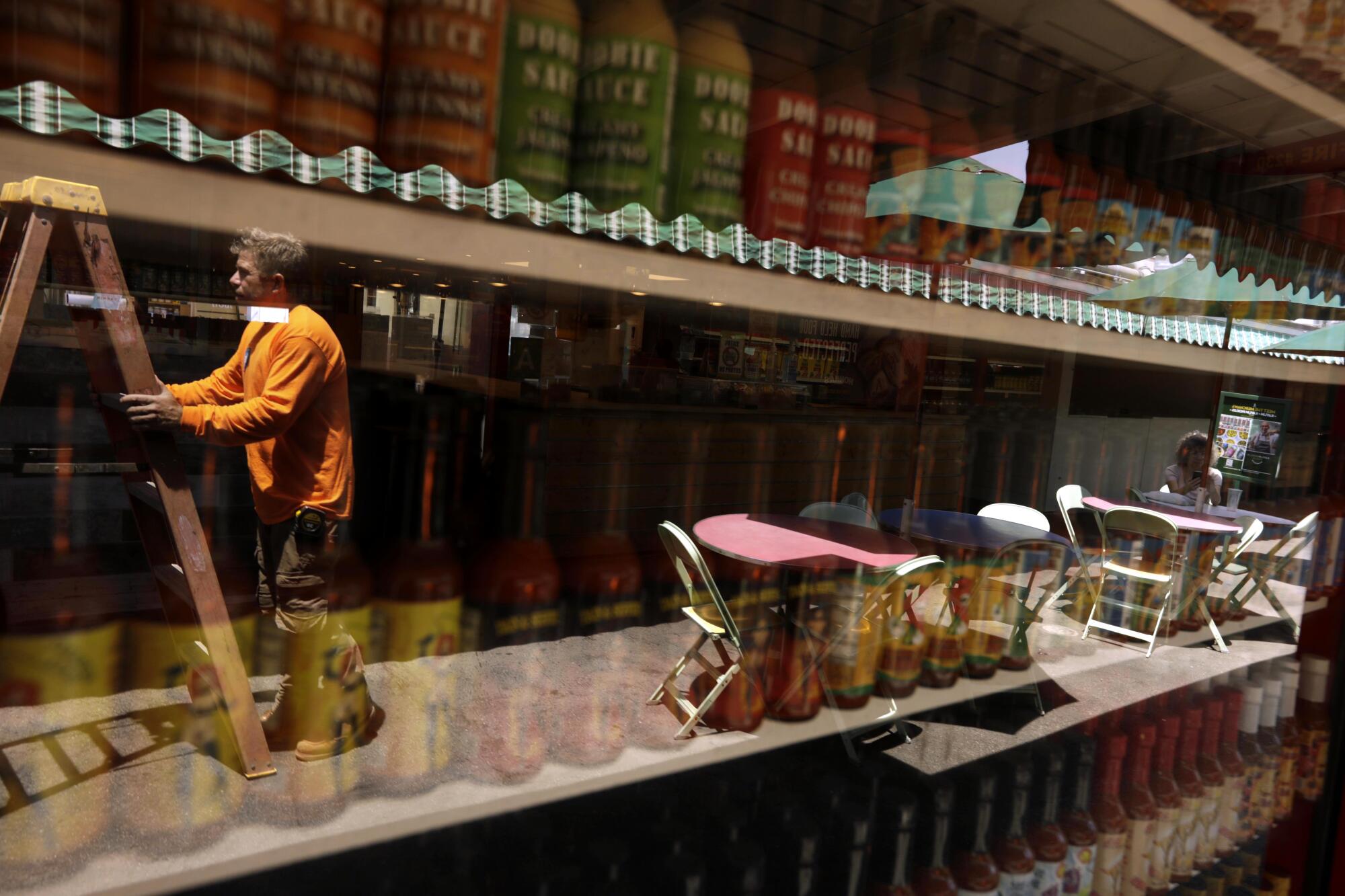
My two-day mission to take the temperature of the city ended with Luis Rodriguez and his wife, Trini, at the Sylmar cultural center and bookstore they own — Tia Chucha’s.
Luis, former poet laureate of Los Angeles and award-winning author of books including “Always Running,” and Trini have devoted themselves to fighting the forces that have led to growing inequality. Luis is working on four books simultaneously and running a long-shot campaign for governor on the Green Party ticket.
“Housing is now treated as a commodity,” said Trini, who grew up in this part of the San Fernando Valley, where living-wage jobs died when the manufacturing and aerospace industries waned.
The people in power, said Luis, “are managing problems but not getting at the root causes of them.” If wages aren’t going to rise, a far greater investment in housing is a must, because in addition to homelessness, multiple families are crammed into single homes and still struggling.
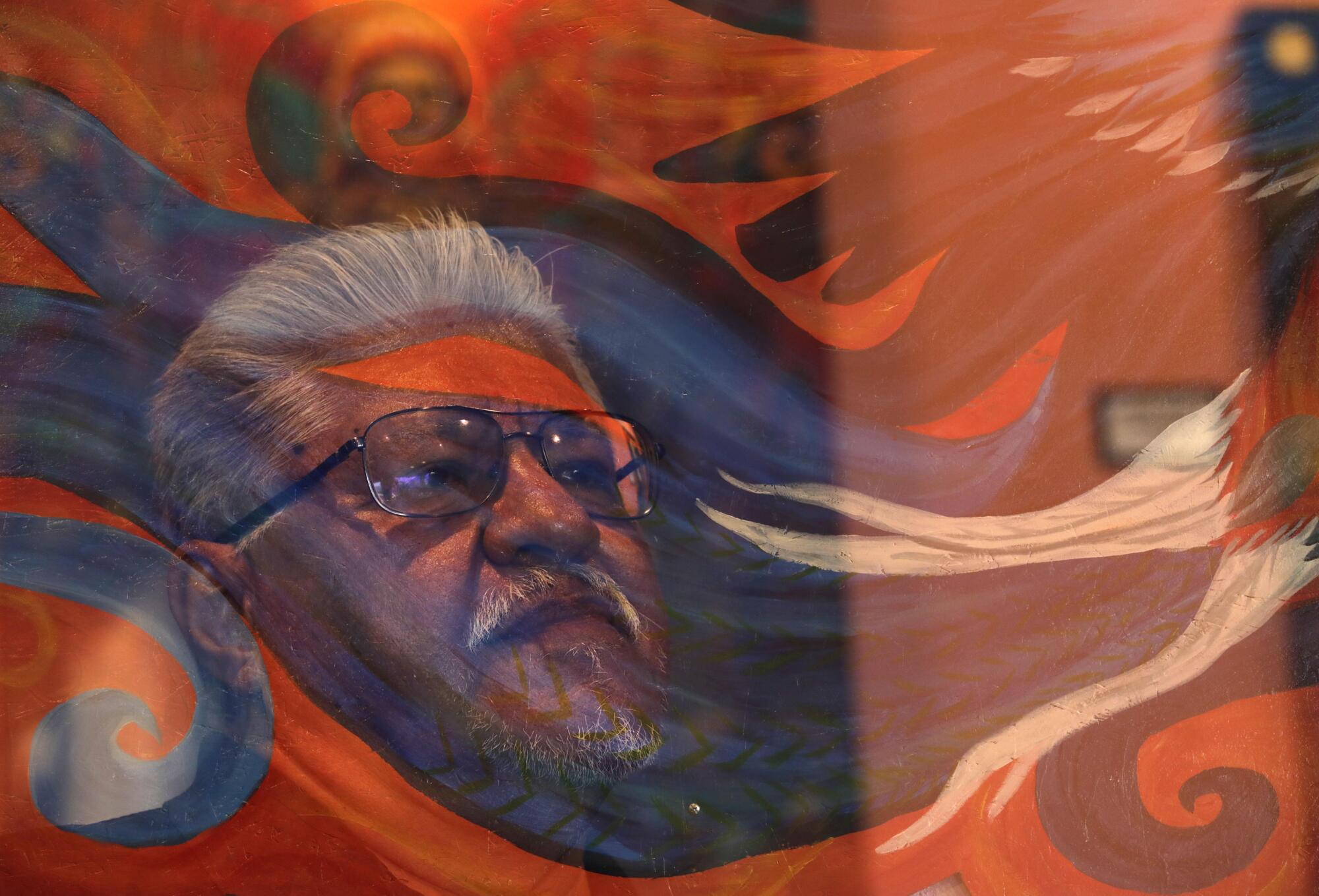
“There’s so much cynicism and people aren’t engaged, and it’s hard to convince people to get out and vote,” said Luis.
But he has never been one to give up the fight, having survived poverty, gang violence and hopelessness. For all the frustration and fatigue in Los Angeles right now, Luis had a piece of advice.
“Voting is power. Utilize it. Don’t squander it.”
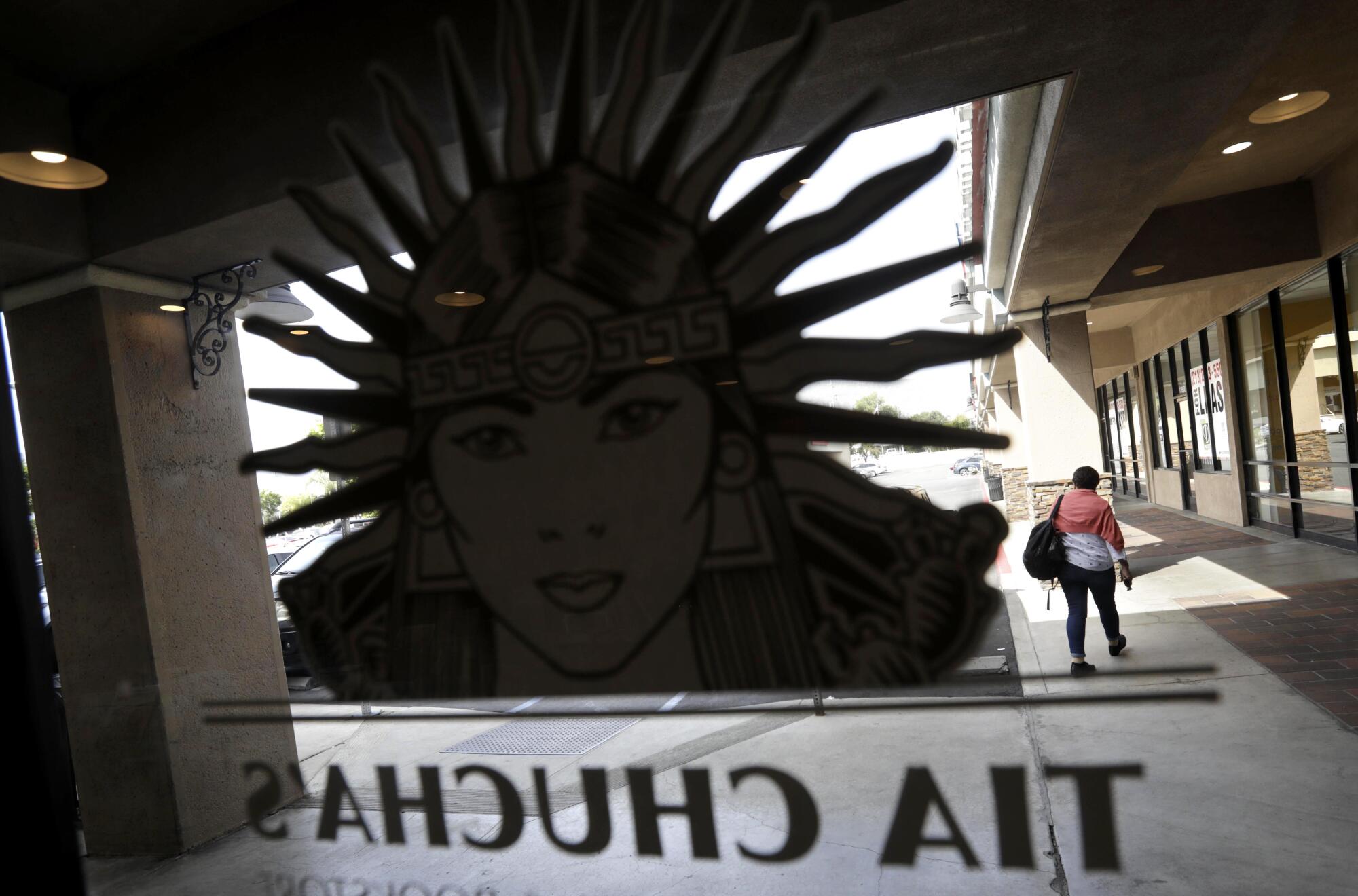
steve.lopez@latimes.com
More to Read
Start your day right
Sign up for Essential California for news, features and recommendations from the L.A. Times and beyond in your inbox six days a week.
You may occasionally receive promotional content from the Los Angeles Times.

